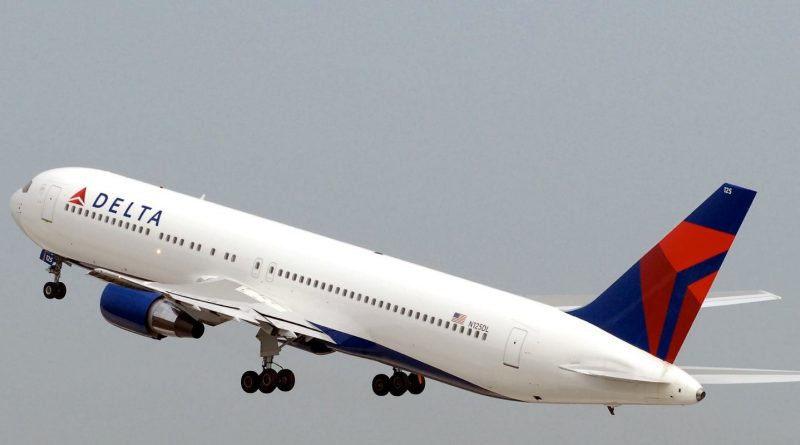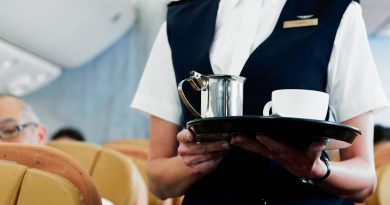Pandemic travel winners and sinners: Customers praise Delta Air Lines, Viking, Holland America
As the pandemic approaches its one-year anniversary, it’s time to check the score, fellow travelers. Which companies are treating you well during the pandemic? Which ones aren’t?
It matters because you usually have a choice in airlines, car rental companies, and hotels. And you want to make the right decision as you start to plan your next trip.
For Daylene Guidice, Viking Cruises is a clear winner. She had a European river cruise booked last spring.
When the pandemic began, “They refunded everything quickly,” says Guidice, a retired executive assistant from Pleasanton, California. “I didn’t even have to ask.”
Then Viking went beyond that. It followed up with emails letting her know when cruises would resume. It also explained the precautions it would take to ensure her health and safety.
“I was very impressed,” she adds.
Some travel companies didn’t treat you well
But for every Viking, there are dozens, and perhaps hundreds, of companies that didn’t do the right thing. They tried to keep their customers’ money or dragged their feet on a refund. Or they didn’t take COVID-19 seriously, cramming more passengers on a plane.
In a recent survey, 86% of Americans said they prefer to travel with an airline that treats them fairly during the pandemic. The poll, conducted by the consumer site AirHelp, also found that nearly three-quarters of air travelers would pay more for their tickets if they could be sure that the airline would deal with them fairly.
“Americans had devastating experiences last year, struggling with flight disruptions and fighting for what is rightfully theirs, like refunds,” says Christian Nielsen, chief legal officer for AirHelp.
So let’s check that scorecard.
Travelers gripe about late refunds, high fees
Ryan Lahurd, a retired nonprofit executive from Chicago, is unhappy with the way TAP Air Portugal handled his refund request when it canceled his flight to Lisbon last July. He wanted a refund; TAP wanted to issue vouchers.
He appealed to the airline, wrote to its executives, and filed a complaint with the U.S. Department of Transportation. But TAP remained silent. Finally, he contacted EU regulators, and within two weeks, he had his money back. Total elapsed time: seven months.
“Really bad treatment,” says Lahurd.
Airlines like TAP have blamed the delays on their internal systems, which couldn’t handle mass refunds.
“There has been a backlog of refund requests, for which TAP sincerely apologizes,” says Carlos Paneiro, TAP’s vice president of sales for the Americas. “We have since expanded our customer service teams, adopted automated procedures for processing refund requests and implemented a specialized team to process refunds.”
Airlines owe you a refund when they cancel a flight: So did United balk during coronavirus crisis?
But some air carriers also pushed regulators to allow them to issue credits instead of refunds for canceled flights. TAP says it initially tried to convert all canceled flights to credit but now allows for full refunds. Air Canada passengers have complained the loudest about these controversial no-refund policies. Last summer, the American Society of Travel Advisors even issued a public call for Air Canada to issue refunds for flights canceled during the pandemic.
Airlines aren’t the only ones trying to keep your money. Consider what happened to the Minnesota high school music students who had booked a music tour of Europe through Voyageurs, a Colorado tour operator. When the company canceled its “Ambassadors of Music” tours last summer, it reportedly kept a $1,900 “cancellation fee” for each participant, who had paid between $6,345 to $9,010 for the program
Voyageurs claimed it made payments for travel arrangements that it would not be able to recoup. In January, Minnesota’s attorney general disagreed and announced a settlement with the company under which it offered full refunds for the tours.
The winners are faster – and safer
Source: Read Full Article



